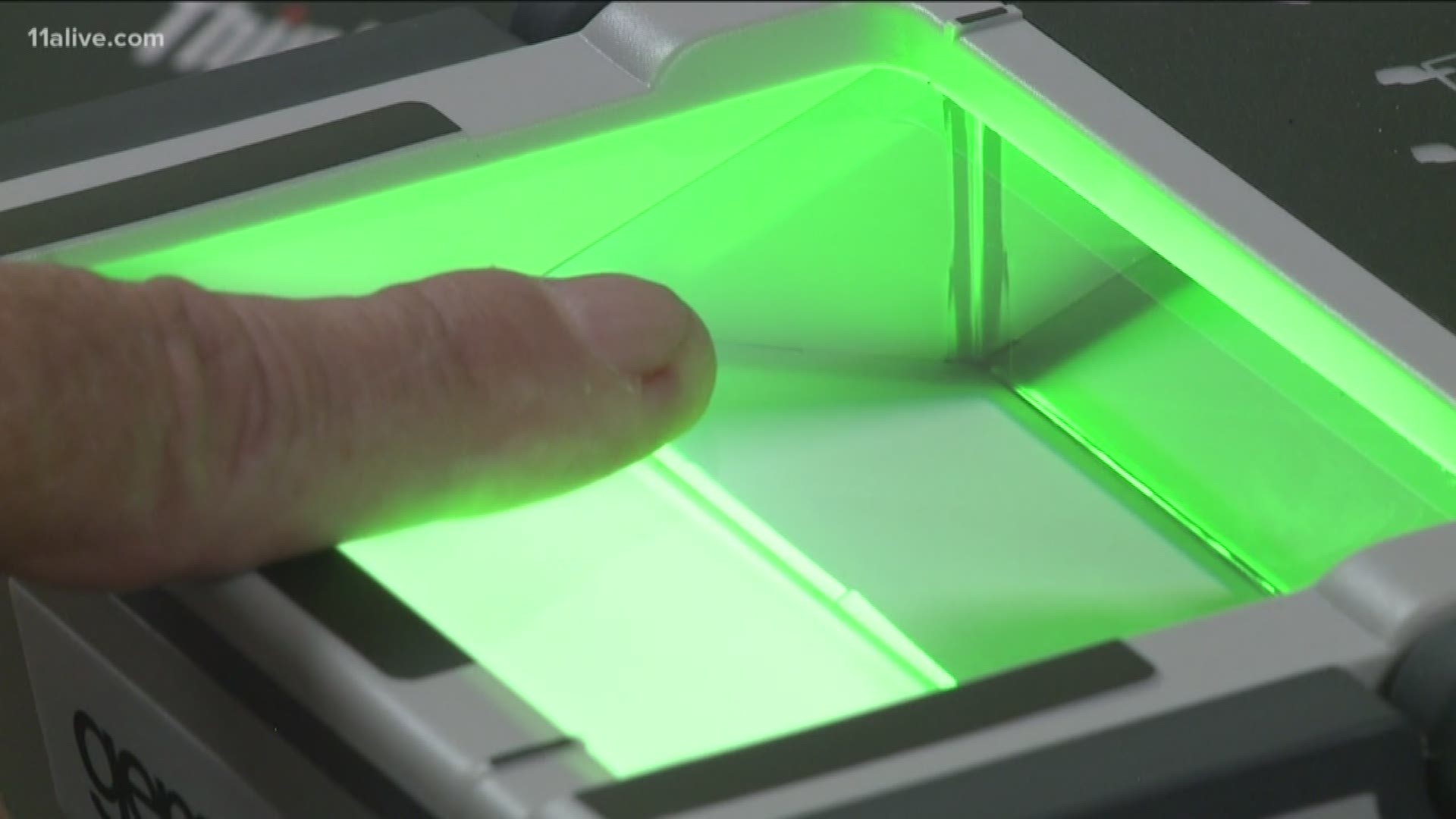ATLANTA — The goal is to help stop elder abuse, but non-profits wonder if a new stringent Georgia law governing background checks may end up doing some damage.
The new law is set to take effect Oct. 1, 2019. It would require owners and employees at long-term care facilities to give a fingerprint and get a background check. But it would also require non-profit volunteers who come in contact with senior patients to submit to checks, too. And as non-profits work to get into compliance, it's creating some challenges for the organizations and their volunteers.
Joe Manering is one of the 250 Meals on Wheels volunteers in Gainesville. He's been at it for three years.
"I thought it was important to do something when I was retired to give back to the community. It's a great way to meet folks and they're all good people," he explained.
But in order to continue to serve the 22 families on his route, he has to submit to the fingerprint-based background check. That fingerprint is then checked against a national database.
"I think it's fine, I've got nothing to hide," Manering said.
Director of Hall County Community Services Phillippa Lewis Moss said most volunteers don't, either.
"Mostly what they are looking for is real heinous crimes of abuse, serious theft, fraud, things like that. That the elderly are particularly vulnerable to," she said.
But Moss worries, for privacy reasons, some volunteers won't want to participate.
"In our case, we may lose a handful of volunteers, and in other cases, with other non profits who have fewer resources than we do, it could really break them," she said.
Then, there's also the price of submitting to these background checks. Each one costs $49.95 a person - a hefty price for non-profits who depend on donations and must now pay for hundreds of volunteers to be checked.
"We anticipate between now and September, we'll spend about $12,000 just getting the fingerprinting done," Moss estimated, adding that that money could be spent actually feeding the 350 families that depend on them each week.
"We could probably feed our entire senior population that's on Meals on Wheels for an entire month," she said.
One way non-profits could offset the cost is by sharing their fingerprinting machines with other agencies. Right now, Moss said Meals on Wheels is sharing its reader with the local police department.
MORE HEADLINES

